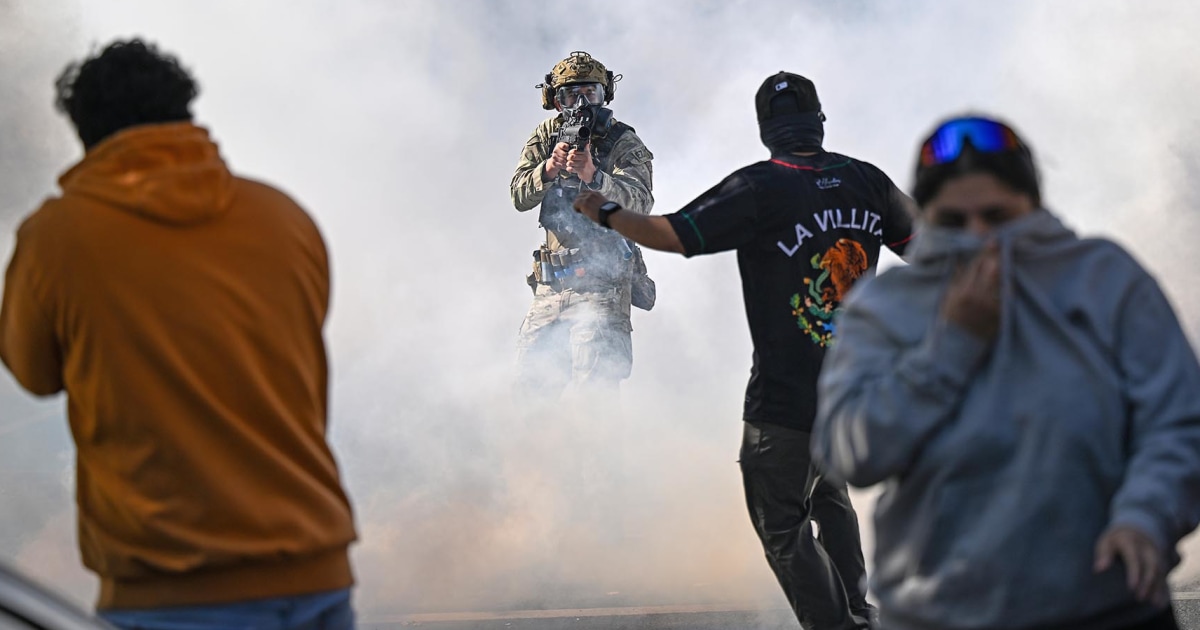The Big Cities Health Coalition is the latest group to take a strong public stand in support of vaccination as a direct response to concerns that the federal government is limiting access and raising doubts.
“We are united behind a simple message: get vaccinated,” the group wrote in a statement that was published Monday. It was signed by two dozen public health leaders from some of the nation’s largest cities, in both Democrat- and Republican-led states.
Vaccination has saved millions of lives, they wrote, but falling vaccination rates across the country have led to more frequent outbreaks of devastating diseases such as measles and polio. They also referenced the “rapidly approaching” respiratory virus season, which brings a heavy wave of Covid-19 and flu infections.
“We are deeply troubled by the repeated false claims about vaccines from too many federal officials, which have contributed directly to these trends,” the public health leaders wrote. “We are equally concerned about recent changes to the recommended childhood and adult immunization schedules that unnecessarily limit access to vaccines.”
Vaccine advisers to the US Centers for Disease Control and Prevention voted last month to recommend against the combined measles, mumps, rubella and varicella (MMRV) vaccine for children younger than 4, and a new working group will convene to more broadly assess the safety, effectiveness and timing of the shots children and adolescents get, as well as whether the schedule should be changed.
And at a recent Cabinet meeting, President Donald Trump made numerous false claims about vaccines given to children, including about the size of vaccine doses and that babies get 82 vaccines in a single shot.
As vaccination becomes increasingly politicized, city health officials say, they felt a need to speak up to protect their communities.
“We have to make our public health decisions based on data and not on political ideology,” said Dr. Phil Huang, director of the Dallas County Health and Human Services Department. “We have to be the voices for that science and reason.”
Multiple major medical organizations – including the American Academy of Pediatrics and the American College of Obstetricians and Gynecologists – have broken from the CDC on vaccine guidance. And new public health organizations have formed in recent months with an aim to safeguard public health amid turmoil at the federal level.
The Big Cities Health Coalition, with members representing about a fifth of the US population, has been working together to exchange ideas and address public health threats for more than two decades.
But the “threats are growing and becoming more complicated,” said Dr. Raynard Washington, director of public health for Mecklenburg County, North Carolina – including from the federal government.
“There’s a lot of conversation happening about how, in the absence of a strong federal public health system, we are able to navigate and ensure that we continue to protect public safety,” he said.
Consistency is important in public health, and the federal structure helped facilitate that, he said. But in the absence of that, coordination becomes key.
A measles outbreak is growing quickly in the upstate region of South Carolina, just about 100 miles from Charlotte.
“I don’t have any walls to put up to keep folks from Mecklenburg going into South Carolina, or people from South Carolina going into Mecklenburg County,” Washington said. “So as a country, our local public health system is only as strong as the weakest county or jurisdiction. There is an importance of ensuring that we work collaboratively, because the boundaries that we actually exist in are only administrative.”
More than 100 unvaccinated students in South Carolina are in quarantine because of a measles exposure in school – one of the many reasons why Big Cities Health Coalition emphasizes the importance of vaccination.
Vaccines “keep classrooms safe and schools open. They allow children to spend time with friends and enjoy their favorite activities. They help parents and caregivers work to support their families,” the organizations wrote in the new letter.
Trust also plays a key role in public health, experts say, and city health leaders want to provide reassurance to their communities.
“CDC has been the pinnacle of our public health science up until now. Now it seems more driven by political ideology than actual data and science, so it undermines the trust,” Huang said. “We’re all having to band together and provide that credible data- and science-driven messaging.”
A recent KFF poll found that public trust in the CDC is the lowest it’s been since the Covid-19 pandemic began. Only half of adults in the US say they trust the agency to provide reliable vaccine information, down from 57% in July and 63% in September 2024.
“Despite all the chaos and mixed messages, we remain steadfast in our commitment to the health of our communities and making sure the message is clear on the importance of vaccination,” Huang said.
Source link

